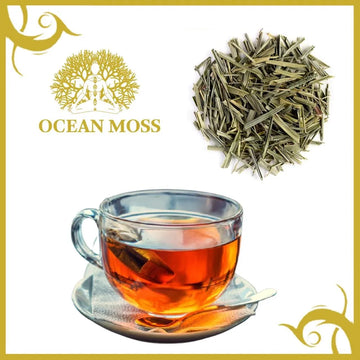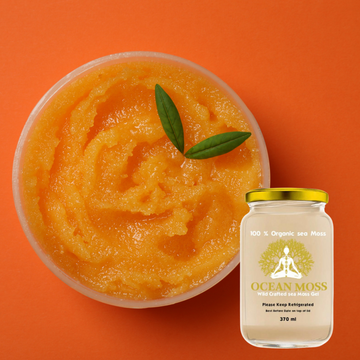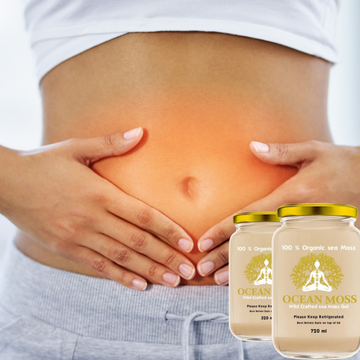
Lemon grass, which is also known as fever grass in Jamaica, is a plant that grows wild throughout the island and most tropical countries. It is known to have a wide variety of health benefits.
Lemongrass, also called citronella, is a tall, stalky plant. It has a fresh, lemony aroma and a citrus flavour. It’s a common ingredient in Thai cooking and bug repellent. Lemongrass essential oil is used in aromatherapy to freshen the air, reduce stress, and uplift the mood.
Lemongrass is also used as a folk remedy to promote sleep, relieve pain, and boost immunity. One of the most popular ways to enjoy lemongrass is in tea. Keep reading to learn how drinking lemongrass tea may help deliver these potential health benefits.
The plant is a source of essential vitamins and minerals including vitamins A, B and C, potassium, magnesium, phosphorous, manganese, zinc, folate and iron.
As its name suggests, fever grass is known to counteract the effects of a fever especially in children but is also great for adults.
Fever grass is a great mind relaxer as many people find sipping a cup of hot tea to be soothing, and fever grass tea is known to contain further anxiety-reducing properties.
It is also known for its quality in reducing cholesterol levels.
Fever grass also contains some infection-preventing qualities.

How to use
There isn’t enough research on lemongrass tea to recommend a standard dosage for any condition. For dosing recommendations, consult your doctor or a qualified natural health practitioner.
To limit your risk of side effects, start with one cup daily. If you tolerate this well, you can drink more. Stop drinking the tea or cut back if you experience side effects.
To make lemongrass tea:
- boiling water and add 1 to 3 teaspoons fresh or dried lemongrass
- boil for at least five minutes
- Strain the tea
- Enjoy hot or add ice cubes for iced lemongrass tea
you can add sweeteners to your taste or leave it natural
PLEASE CONSULT YOUR DOCTOR BEFORE CONSUMING THESE PRODUCTS IF YOUR PREGNANT OR BREASTFEEDING /YOUNG CHILD.






